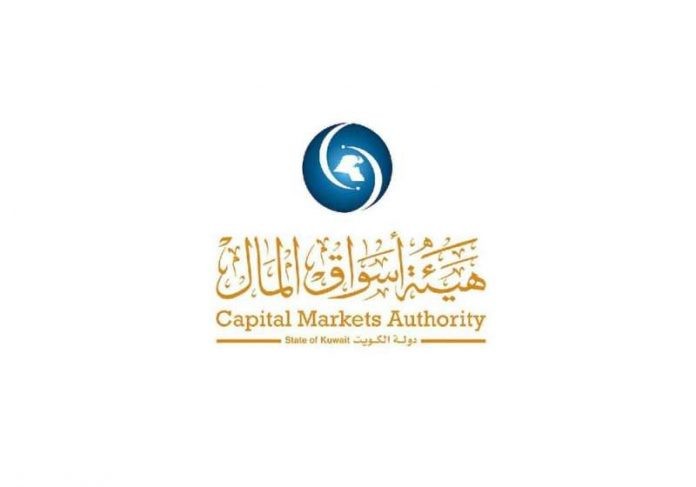The Capital Markets Authority ranked first in implementing governance during the fiscal 2020/2021, for the second year in a row, among 16 government agencies representing institutions with independent budgets covered by the auditing of the Audit Bureau, with a compliance rate of 92.2%.
According to the Audit Bureau’s report on the most important financial indicators and regulatory phenomena, the Capital Markets Authority (CMA) is concerned with the basis for applying the rules, while the bureau based its classification on the extent to which the companies covered by the supervision apply the approved rules, including Law No. 7 of 2020 and the regulation of securities activity, in addition to Law No. 1 of 2016 with the issuance of the Companies Law, as well as the approved financial and administrative regulations that pertain to the oil sector, reports Al-Rai daily.
The references also included building a balanced structure for the board of directors, defining the proper tasks and responsibilities, selecting qualified representatives for membership of the board of directors and executive management, and ensuring the integrity of financial reports.
The Bureau also based its classification on the success of the CMA in following standards that ensure that companies subject to its control follow sound risk management systems, promote professional conduct, ethical values, disclosure and transparency in an accurate and timely manner, while respecting the main shareholders, including the role of stakeholders, and enhancing and improving the company’s performance with emphasis on the importance of social responsibility.
The list of companies subject to the authority’s oversight regarding the application of governance rules includes 4 entities owned in varying proportions by government institutions, whether they are the Public Authority for Investment or the Public Institute for Social Security and others.
The Bureau showed that ‘Insurance’ and its subsidiaries ranked second in governance with an achievement rate of 82.2 percent, the Kuwait Petroleum Corporation with 81.7 percent, and the Kuwait Fund for Arab Economic Development came fourth with 68.1 percent.
The ranking of the other entities was as follows: the National Fund for Enterprise Development, the Kuwait Credit Bank, the Public Authority for Industry, the Insurance Regulatory Unit, the Zakat House, the Central Bank of Kuwait, the Public Authority for Housing Welfare, the Kuwait Institute for Scientific Research, the Public Authority for Communications and Information Technology, and the Public Authority for Roads and Land Transport, the Kuwait News Agency, and the Public Ports Authority.
The Bureau reviewed the governance models to ensure the compliance of the companies covered by its control with the rules, as the number of companies reached 23 divided into 4 companies listed on the Kuwait Stock Exchange, in addition to 11 unlisted companies and 8 companies affiliated with the oil sector.
The Audit Bureau report indicated that 20 government agencies achieved financial savings in their actual expenditures during the last fiscal year, which amounted to 2.423 billion dinars, compared to their estimated expenditures of 2.606 billion, with a total value of savings amounting to about 184 million dinars, and savings rates ranged between 1.4 and 36.9%.
The most prominent of these bodies was Kuwait University, with a savings of about 90 million dinars, while the Public Authority for Disability Affairs came in second place, with about 17 million dinars, followed by the Public Authority for Applied Education and Training with 15.2 million dinars, and then the Public Authority for Manpower with 12.9 million dinars.

















